Impact of Artificial Intelligence, Big Data and Technology on the Financial Sector: Disruption
 zekeLabs
zekeLabs
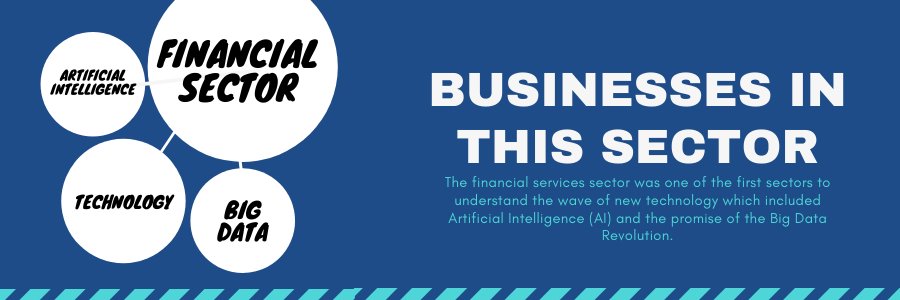
The financial services sector was one of the first sectors to understand the wave of new technology which included Artificial Intelligence (AI) and the promise of the Big Data Revolution. Businesses in this sector, define themselves by their ability to make predictions and decisions as per the interpreted and analyzed structured data.
Big data in the financial services sector refers to streams of structured and unstructured data that is analyzed and used to anticipate customer behavior acting as inputs to create strategies for banks and financial institutions.
The shift towards Big Data implies what these financial service sector organizations know about working with both structured and unstructured data. It depends on how they deal with the structured data, which fits neatly into the rows and columns of a spreadsheet and unstructured data, which is messy and is being generated by us today due to the online, digital and connected world we live in.
Always keen to exploit and develop a new competitive edge, in recent years the financial service sector has put the latest technology to improve customer service, develop new products, detect increasing rates of fraud and work driving operational changes.
Things have changed since the huge wave of technological development and arrival of the internet that has taken place across the entire financial service sector and not just in good ways. While technology-driven disruption and online banking have brought about an improvement in customer service and accessibility, hacking and cybercrime have become emerging problems. Financial institutions and banks such as HSBC, efficiently use algorithms to scan huge chunks of data, generated through its transaction logging systems daily. Such algorithms are way faster than human analysts.
Thanks to the internet and sensor-laden techs such as cameras and smartphones, they fuel the AI and the vast increase in the amount of data being generated. Machine learning plays a huge role in the consumption of data. Machines tend to consume data voraciously, learning it faster than humans could ever do.
Artificial Intelligence helps players in the financial space save time, and money significantly, by using algorithms to improve customer service, generate insights, and make predictions.
Along with its various implications, AI has its problems as well. The biggest problem being the effect it will have on human jobs and ethical implications. It has been predicted by the leaders in the banking industry that half of their sector’s human workforce could be replaced by machines in the coming years. The rising boom of start-ups in the country is posing another challenge to the financial service sector. Since these start-ups rank high on agility, they have been using data-driven technologies to create a strong customer base for themselves.
Some of these start-ups have proven to be disrupted, such as online banks that exist in the virtual world over an app and websites. These banks do not/ have a limited physical presence which reduces their fixed and variable costs, enabling them to pass on those savings to their customers in the form of lower fees. By adopting a data-driven business model the business ensures more efficient decisions, that can be made when it comes to offering investments and loans. For the customer, it means services such as making instant purchases and transferring money to their friends or family at any time of the day, reviewing recent transactions and verifying transactions not being fraudulent.
It has been observed that just last year, 38% of the personal loans extended to the public were made by fintech start-ups. This shows the rising preference for such platforms over traditional banks or lenders. With the availability of such data points, it becomes much easier for banks and other financial service organizations to ascertain the products and services we are evaluating and helps them create offerings suiting our needs.
Global banks, such as Citibank, often use data of their customers at every step of interaction to create customized products and services for their customers.
Going by these trends, it is safe to conclude that expenditure for developing and improving AI is going to increase in the near future. Traditional financial service companies which include, insurers and brokerages, banks, investment managers, have their market being intruded by both tech giants and small nimble fintech start-ups who have their money transfer mechanisms and takes on payment services.
It is inevitable for traditional market leaders to increase their investments in developing new and improved technology solutions to better understand their customer needs, behaviors as well as lead operational efficiency in the industry.
Conclusion:
Artificial Intelligence is impacting the future of virtually every industry and every human being. AI tools such as Big Data will prove to be vital for every business in the near future.
If you want to grab this opportunity to learn more about big data and enhance your skills in this upcoming field, make sure to check out the course offered by ZekeLabs.

Keywords : Artificial Intelligence Big Data Technology Finance Financial Sector Data Science
Recommended Reading
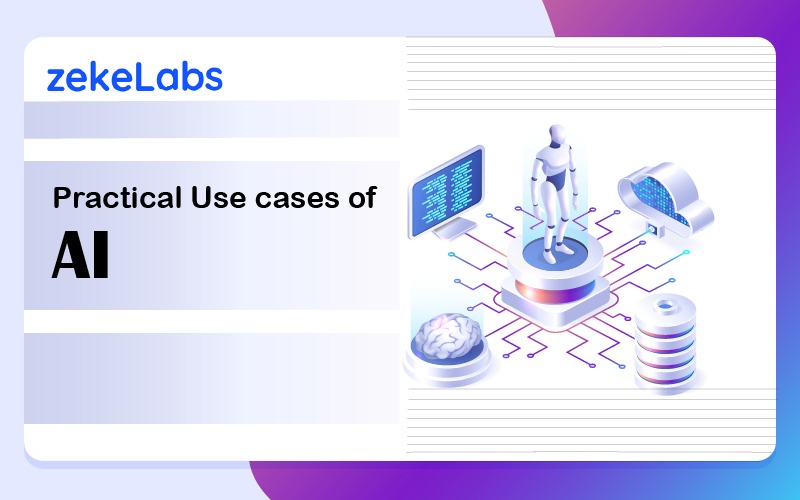
Practical use cases of AI in Business
Artificial Intelligence is one of the most fascinating and bears much of the future in it. In fact, AI is the future of technology and businesses. Artificial intelligence with allied technologies like machine learning makes it possible for machines to impro...

The Vital Role of Big Data to Fight Against Corona virus
With the number of cases of COVID-19 is increasing multifold, countries affected with coronavirus are making every considerable endeavor to use advanced technologies to trace and curb its outbreak. The World Health Organization (WHO) has also said that AI a...
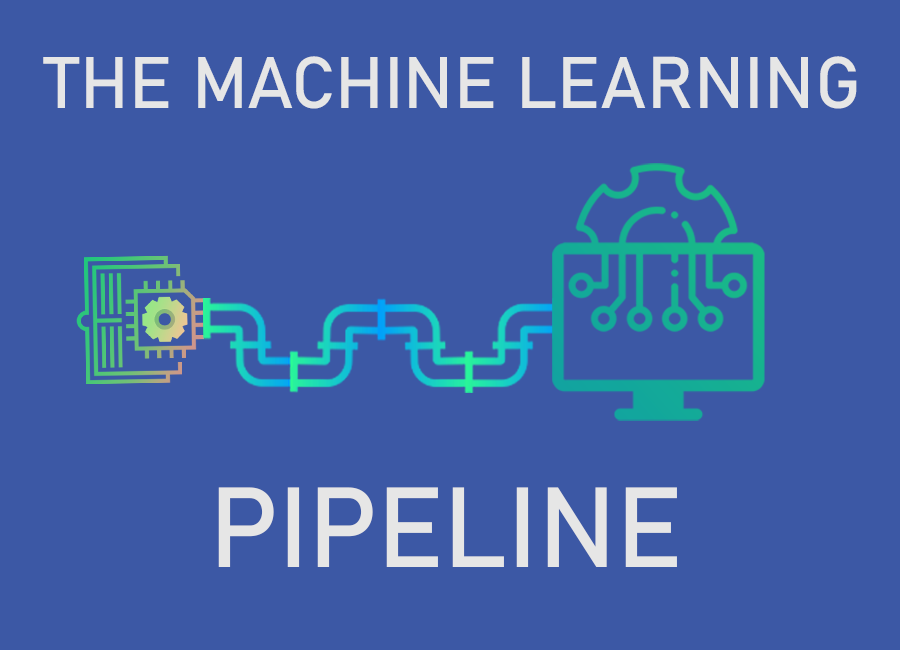
The Machine Learning Pipeline - Essential things to know before getting started with machine learning
Starting from development to deployment of machine learning, the journey of a product can be broken down to 7 important stages: Business Understanding, Data Wrangling, Visualization, Preprocessing, Model Training, Model Validation, Deployment
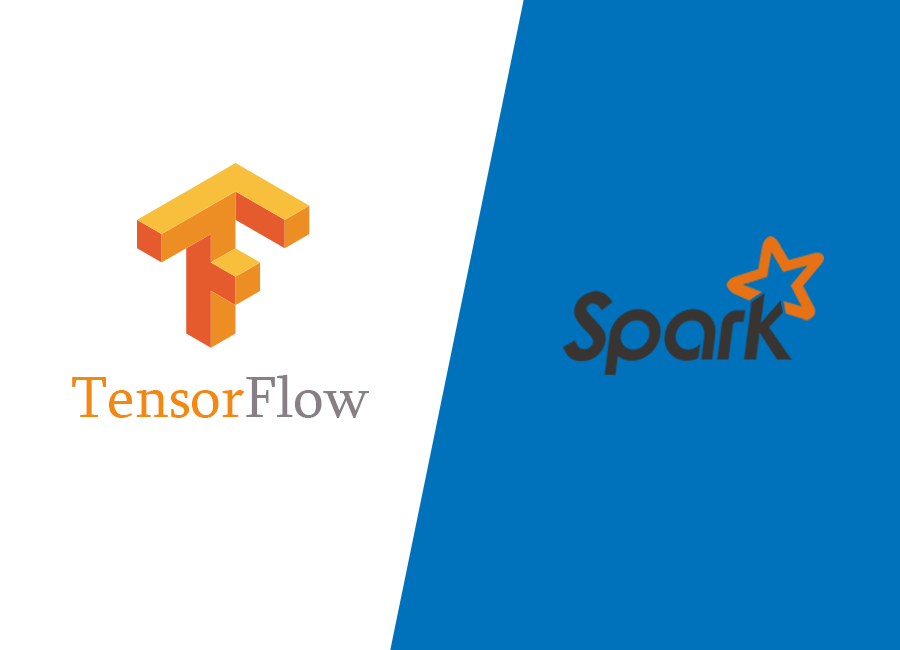
Big Data Processing with Deep Learning - Spark vs TensorFlow
More and more organizations are integrating big data pipeline with deep learning infrastructure. This is something, Spark & TensorFlow folks have in mind as well. Let’s have a quick glance about their journey so far.
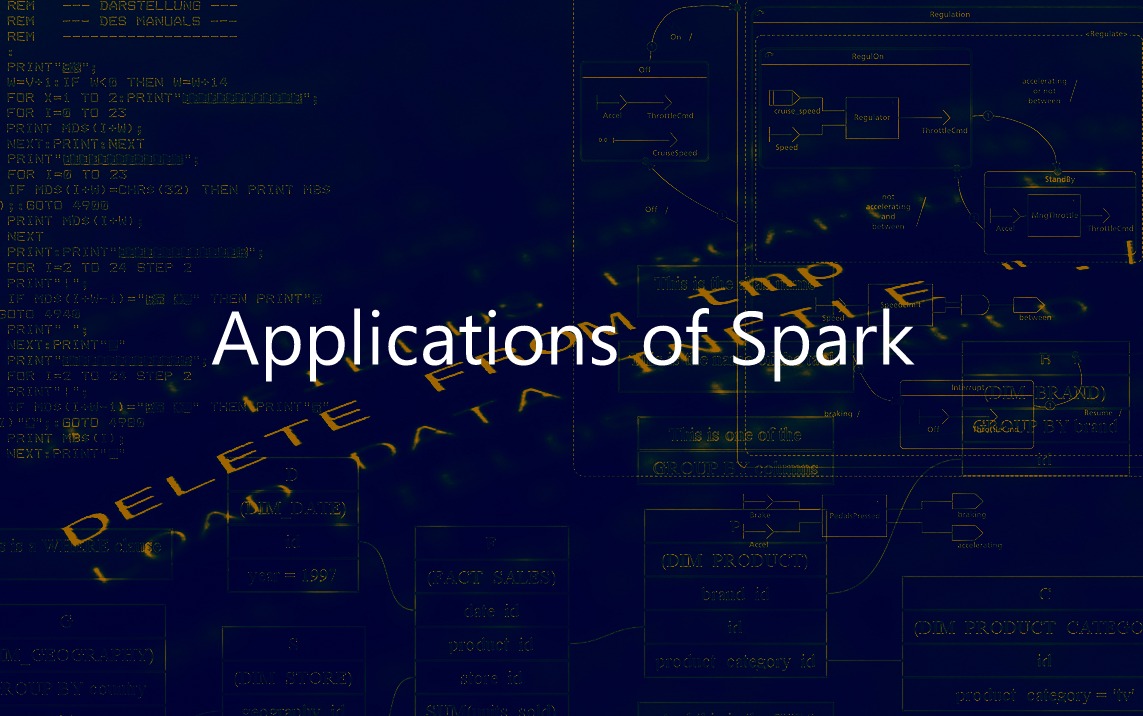
Top 3 Applications of Apache Spark
Distributed computation got with induction of Apache Spark in Big Data Space. Lightning performance, ease of integration, abstraction of inner complexity & programmable using Python, Scala, Java & R makes it one of the . Here we are discussing most widely ...
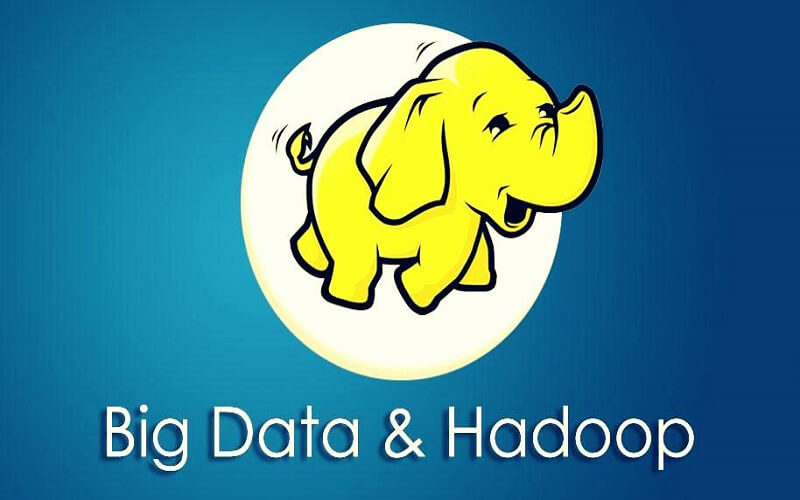
What are Big Data, Hadoop & Spark ? What is the relationship among them ?
difference between big data and spark, relationship between big data & spark